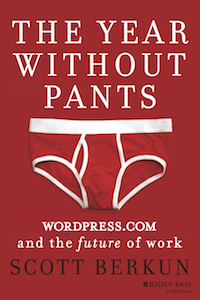Nearby Wikipedia articles for the Pebble
The Nearby API from Wikipedia has always fascinated me, so when I received the Pebble Time last month, I knew I had to use it to make an app for my wrist.
In the excitement of the Kickstarter campaign I had already started dabbling with the JavaScript SDK using Cloud Pebble. It took me a while to get started with the SDK on my computer because I couldn’t find a clear way to initialize a JS project. Things went smoothly once I realized that I had to clone the pebblejs repository first, and copy my files there.
The Pebble.js environment is still in beta and it shows. While the documented features work, I kept wishing for more, especially those that let me add color. I could get a few colors using textColor, and highlightTextColor, but couldn’t find any documentation on what was actually supported. I made my peace with the lack of colors and released the app on the Pebble app store.
Analytics tells me that around 400 people are using this app and that makes me happy. The people are nice too — I got two emails reporting an issue on iPhone (I am working on it), both being informative and polite. This might not mean much, but I feel its an important litmus test for the community.
I hope more APIs get exposed to Pebble.js soon, until then feel free to contribute code and bug reports on Github.

